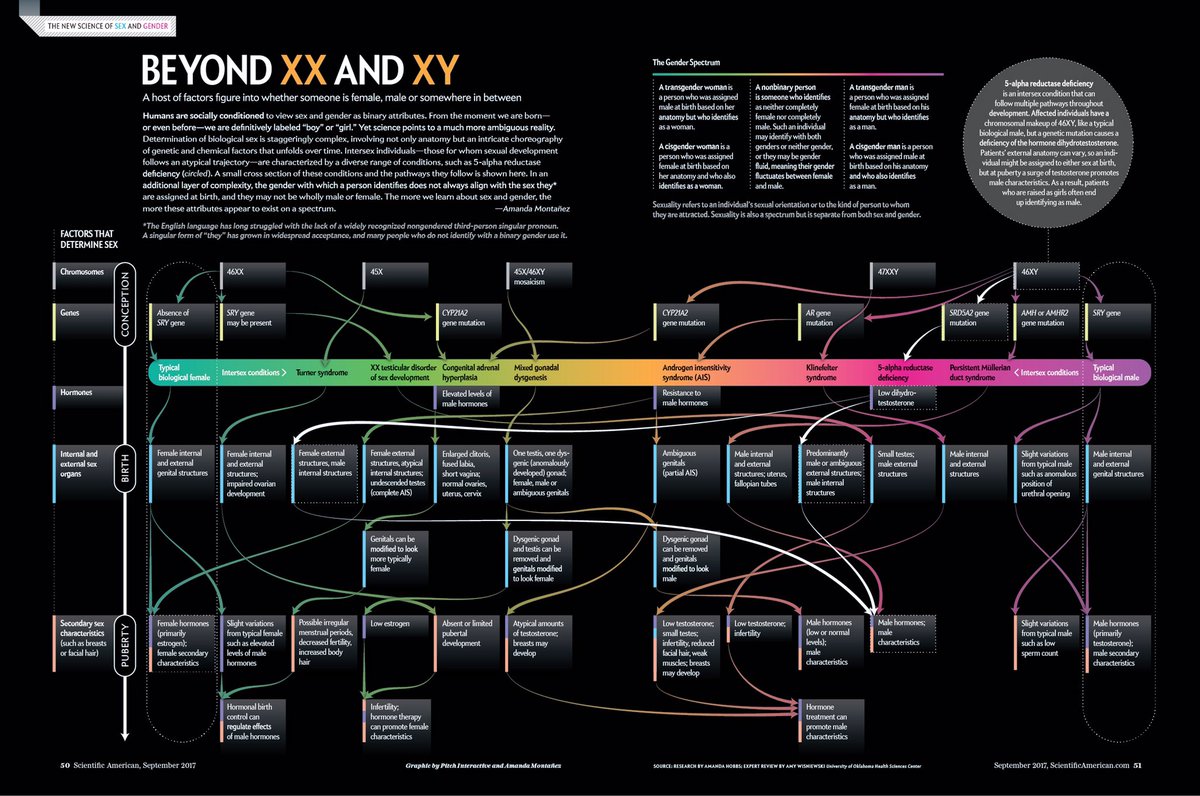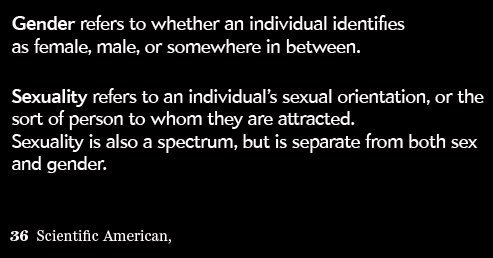• business
• science
• charity
• government
• Investment: sell promise of the future to replace profits
• Fraud: trick consumers into thinking they're getting value when they're not
• Government: legal monopoly or regulatory capture
Fraud can go on indefinitely but could be exposed at any time. And note there is an active incentive from competitors among others to expose the fraud
Much science funding comes from government & universities. Lots of room for influence of prestige & status to creep in.
But when this correlation breaks down you get things like the replication crisis in psychology.
a. buying stuff for themselves
b. giving to other people to do science
c. giving to other people to do “good”
Re both *ability* and *incentive* to make good choices, I submit: a > b > c
Government sustains itself by staying in power. It's funded by tax revenues that it can collect because of that power. The power ultimately comes from popular approval. But there's a lot of friction in that mechanism.
Key question: If the people don't like the government, how much ability do they have to change it?
Democratic republics much better in this regard! But many people still feel powerless to effect much change.
Ideally the feedback loop would lead to government getting better over time, by the standard of prosperity, health, happiness of the people. But for this to happen, people have to demand the right *root causes*
Again: anything that *can* be for-profit, should be













